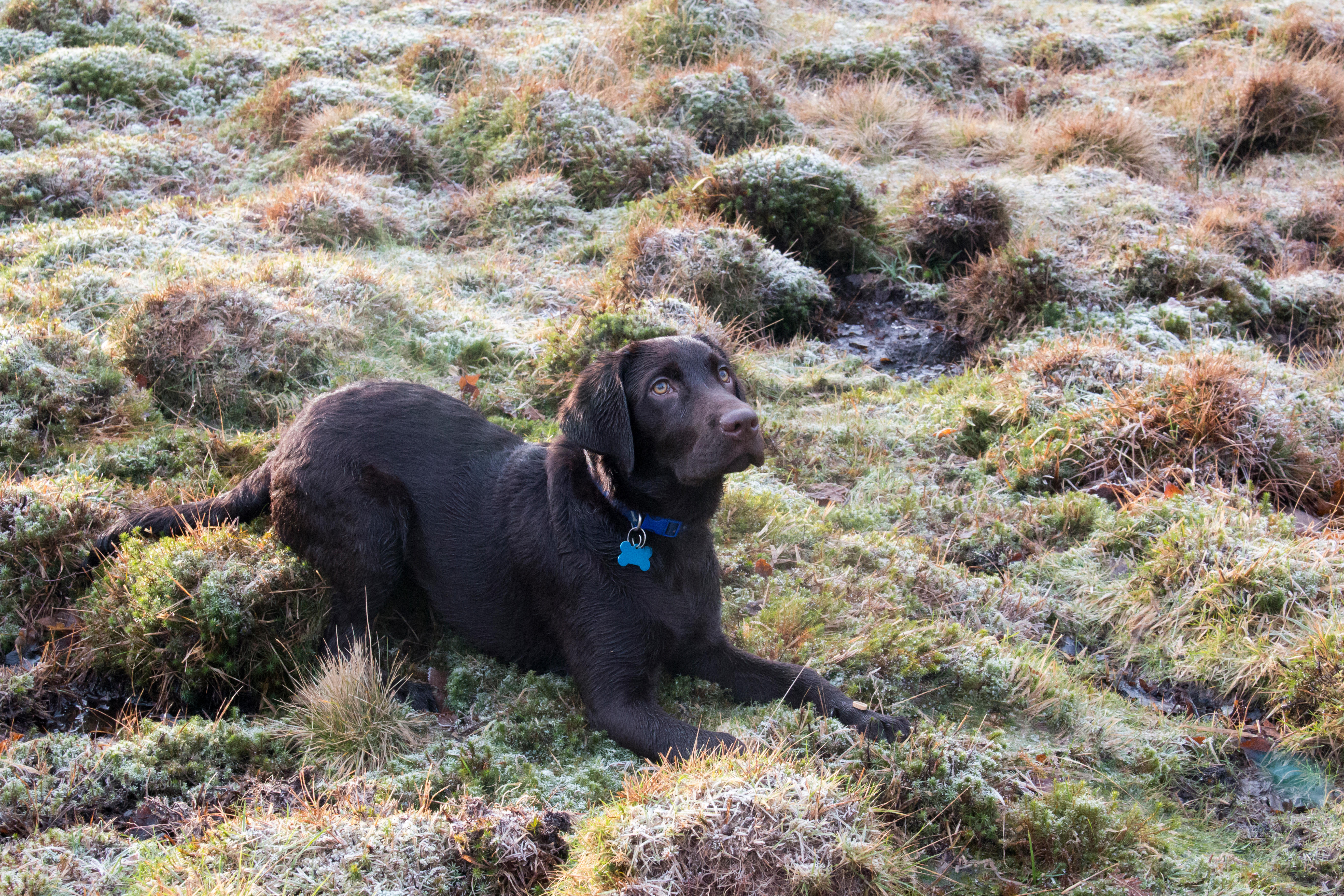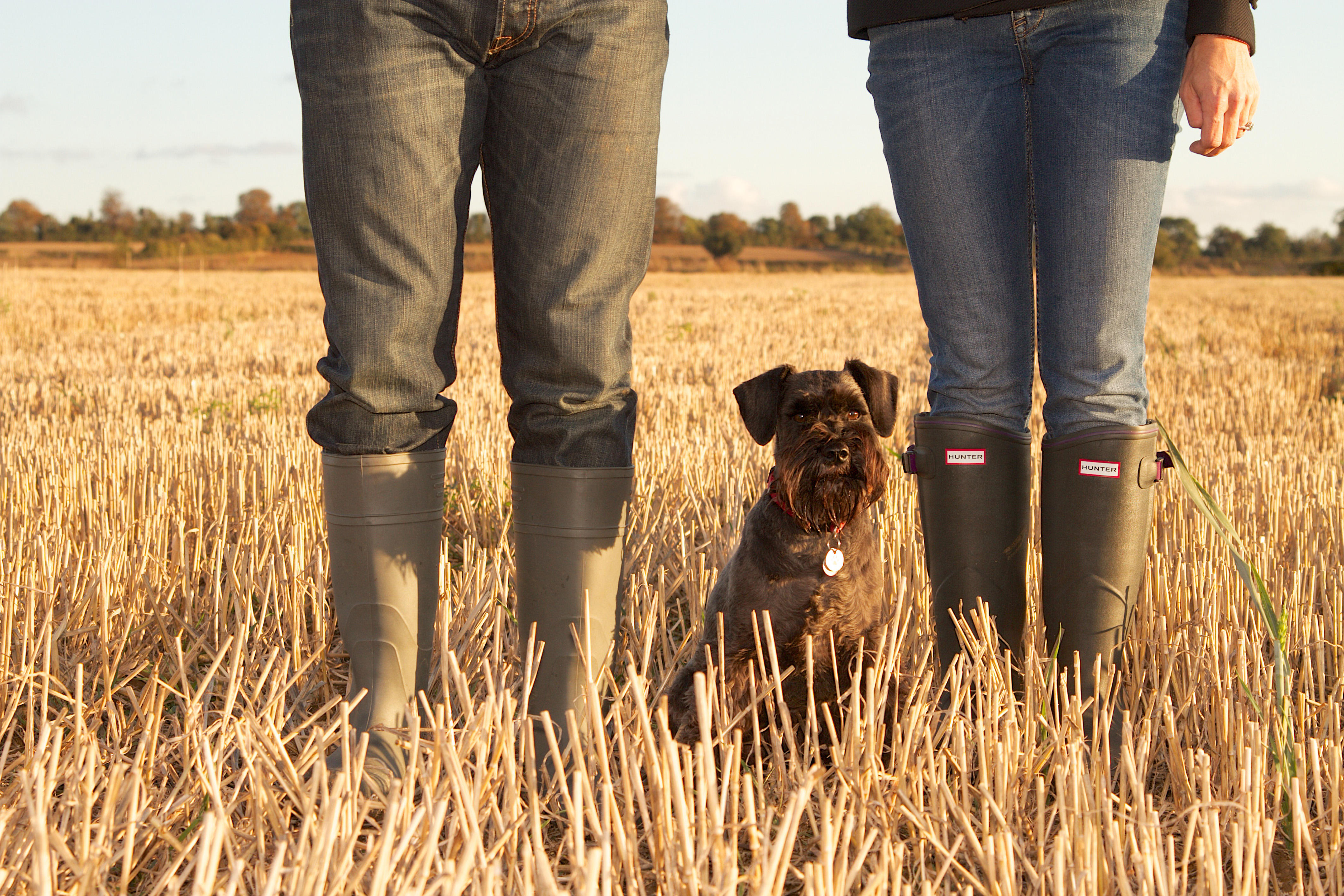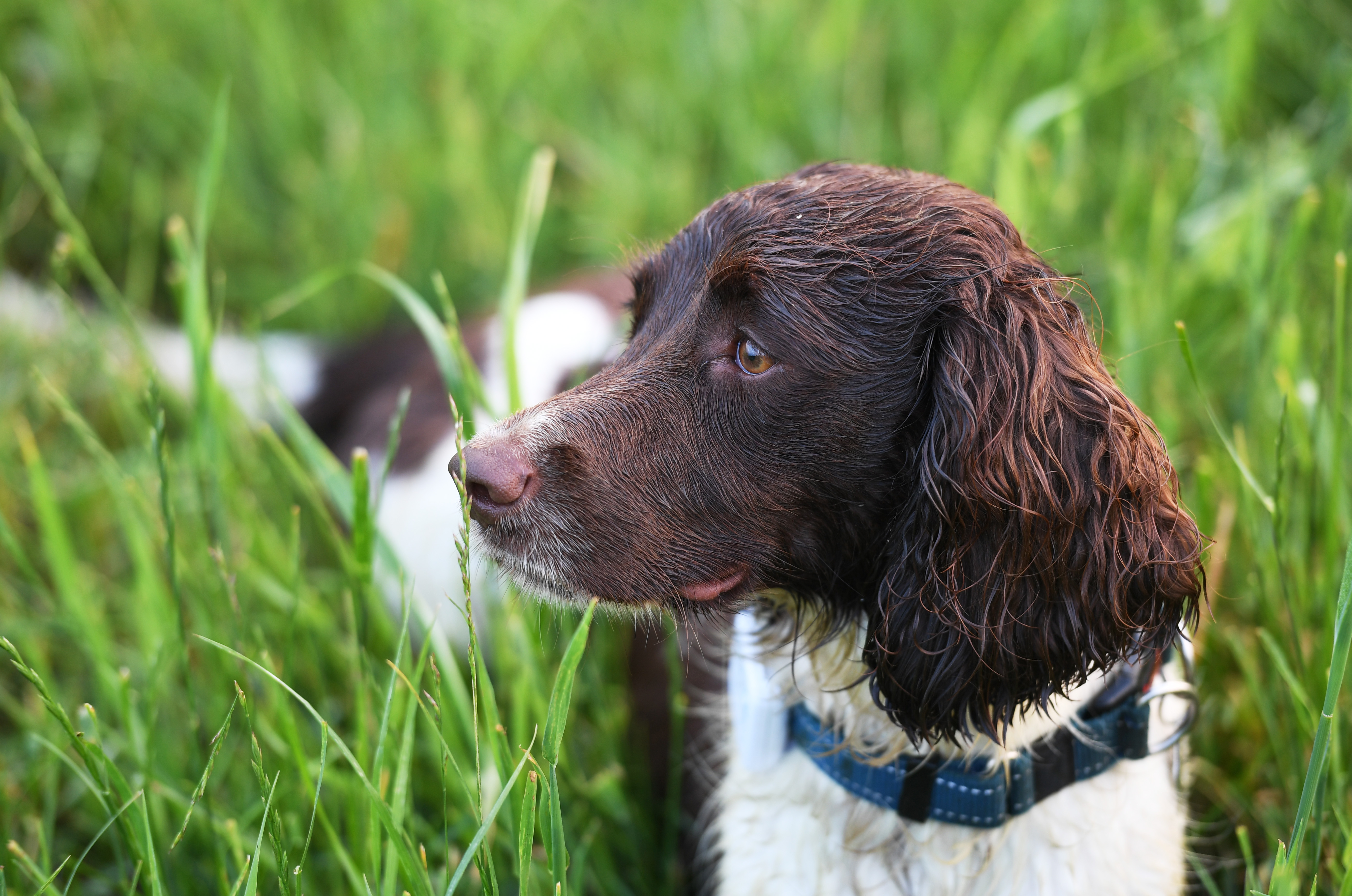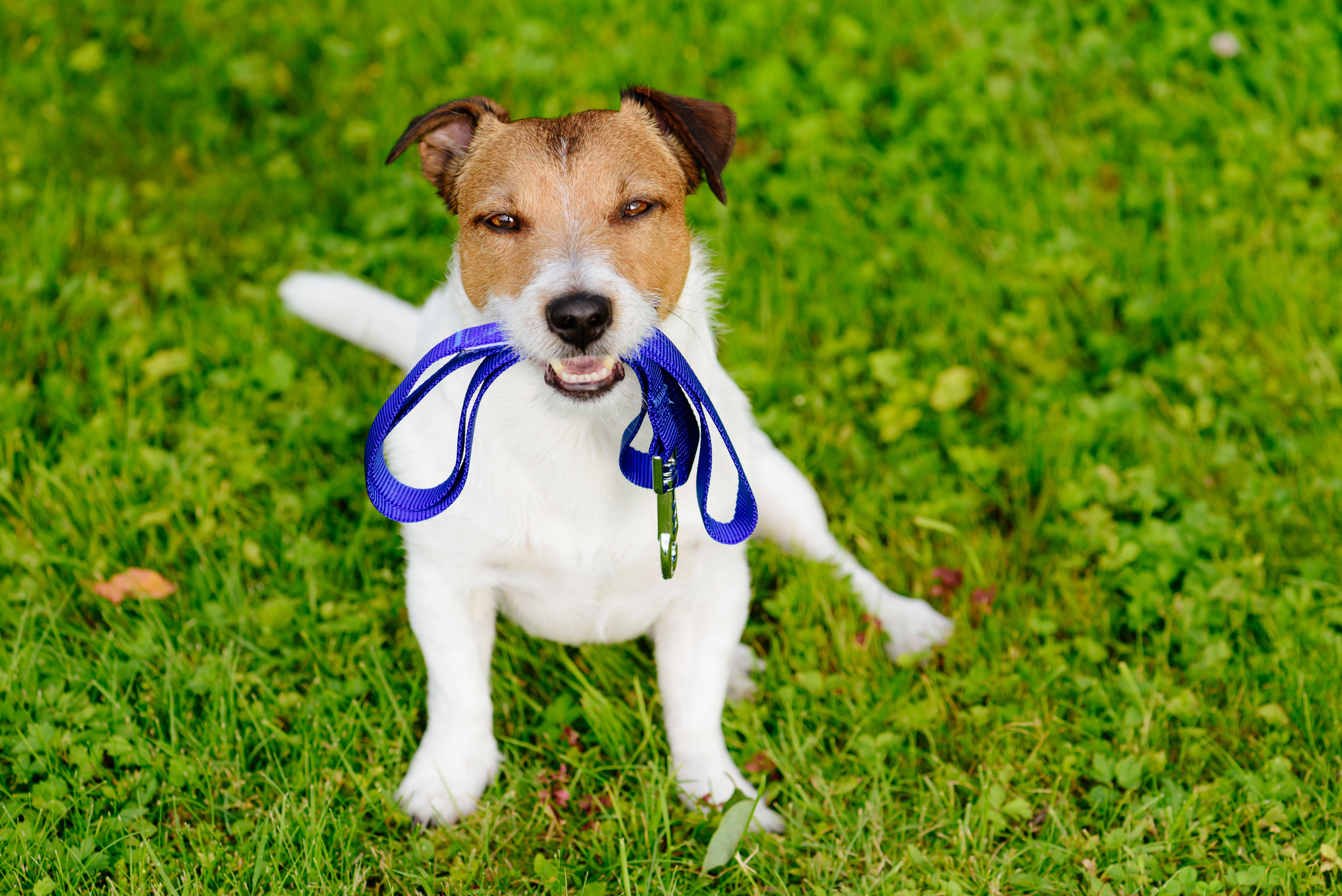'We have been systematically shaping the brains of another species': Study reveals full impact of selective dog breeding
Selective breeding in dogs influences far more than their outer appearance.

From sight hounds to gun dogs, toy breeds to terriers, we all know how much our canine companions vary in their appearance and character, but a study has found these differences run far deeper than you may have imagined.
Research has identified that selective breeding of dogs has altered the animals profoundly, changing their brains, not just in size and shape, but in their very functions and structure.
The study, published in in the JNeurosci, the Journal of Neuroscience, explored 62 dogs of 33 different breeds, including beagles, dachshunds, greyhounds and Labradors.
Erin Hecht, a Harvard University neuroscientist, and her colleagues took MRI scans of the dogs and the results showed stark differences from one breed to the next.
The team identified six networks of brain regions, which tended to be bigger or smaller from one animal to another, and looked at how these differed between dogs based on the traits they were bred for, as defined by the American Kennel Club.

The researchers said 'neuroanatomical variation is plainly visible across breeds'.
'Variation [...] is not simply the result of variation in total brain size, total body size, or skull shape,' said the researchers. 'Furthermore, the anatomy of these networks correlates significantly with different behavioral specialisation(s) such as sight hunting, scent hunting, guarding, and companionship.'
Sign up for the Country Life Newsletter
Exquisite houses, the beauty of Nature, and how to get the most from your life, straight to your inbox.
The team also performed statistical analysis that revealed the brain variations occurred relatively recently — suggesting that dog brain evolution has happened quickly.
'On a philosophical level, these results tell us something fundamental about our own place in the larger animal kingdom — we have been systematically shaping the brains of another species,' said the researchers.

Hecht added that the fact that we’re altering the species around us so much that it affects their brain structure was 'deeply profound'.
'I think it is a call to be responsible about how we’re doing that and how we’re treating the animals that we’ve done it to,' she said.

Credit: Alamy Stock Photo
Dog owners fitter, slimmer and healthier, study finds
Canine companions have also been linked to improved mental health and reduced social isolation.

Credit: Alamy Stock Photo
Insect protein for pets is being recommended by vets - but is it really better for animals and the environment?
The BVA has said that pets should be fed using insect proteins, in order to move towards a more sustainable
-
 High Wardington House: A warm, characterful home that shows just what can be achieved with thought, invention and humour
High Wardington House: A warm, characterful home that shows just what can be achieved with thought, invention and humourAt High Wardington House in Oxfordshire — the home of Mr and Mrs Norman Hudson — a pre-eminent country house adviser has created a home from a 300-year-old farmhouse and farmyard. Jeremy Musson explains; photography by Will Pryce for Country Life.
By Jeremy Musson Published
-
 Under the hammer: A pair of Van Cleef & Arpels earrings with an intriguing connection to Princess Grace of Monaco
Under the hammer: A pair of Van Cleef & Arpels earrings with an intriguing connection to Princess Grace of MonacoA pair of platinum, pearl and diamond earrings of the same design, maker and period as those commissioned for Grace Kelly’s wedding head to auction.
By Rosie Paterson Published